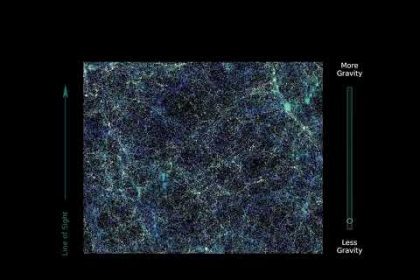The researchers intend to use nanoparticles to make small satellites the size of a shoe box, which will have very little cost to launch them and also the energy needed in them.
According to Tekna Technology and Technology News Service, researchers plan to evaluate new methods for supplying energy to very small satellites. The University of Warwick and the University of Swansea, along with the University of Strathclyde, plan to use nanoparticles to build advanced sensors on small satellites. These particles can revolutionize space technologies. During the cooperation of these researchers, hundreds of thousands of dollars will be spent on space exploration and the applications of nanoparticles and quantum physics in them.
Dr. Daniel Avery, a quantum theorist, announced at a meeting that we are currently trying to build new sensors for very small satellites. This project will be part of a program in the field of quantum technology, where it is supposed to expand its use from ground missions to space missions. Recently, scientists have also made advances in the field of opto-mechanics. This field deals with regulating the movement of small particles in free space with the help of laser light. In this way, nanoparticles can be used to fulfill the laws of quantum mechanics that currently govern the interaction of atoms and subatomic particles.
In the future, the researchers plan to investigate the possibility of using nanoparticles as sensors in space through other programs and exploring the boundaries of quantum technology.
RCO NEWS
















